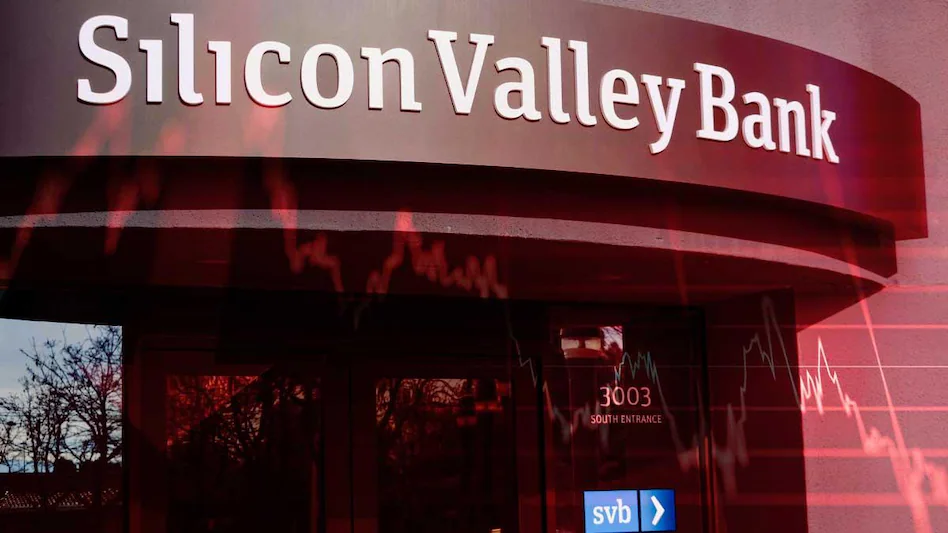In the rapidly evolving landscape of artificial intelligence (AI), China’s DeepSeek has emerged as a formidable contender, challenging established players and redefining industry standards. This ascent is deeply intertwined with High-Flyer, an AI-driven quantitative hedge fund whose strategic investments and visionary leadership have propelled DeepSeek to the forefront of AI innovation.
 Source: Internet
Source: Internet
Founded in February 2016 by Liang Wenfeng, High-Flyer—officially known as Hangzhou Huanfang Technology Ltd Co.—quickly distinguished itself in the financial sector by leveraging AI models for investment decisions. By late 2017, AI systems managed the majority of High-Flyer’s trading activities, solidifying its reputation as a leader in AI-driven stock trading. The firm’s portfolio burgeoned to an impressive 100 billion yuan (approximately $13.79 billion), underscoring the efficacy of its AI-centric strategies.
Read on → Source: Internet
Source: Internet Source: Internet
Source: Internet Source: Internet
Source: Internet Source: Internet
Source: Internet